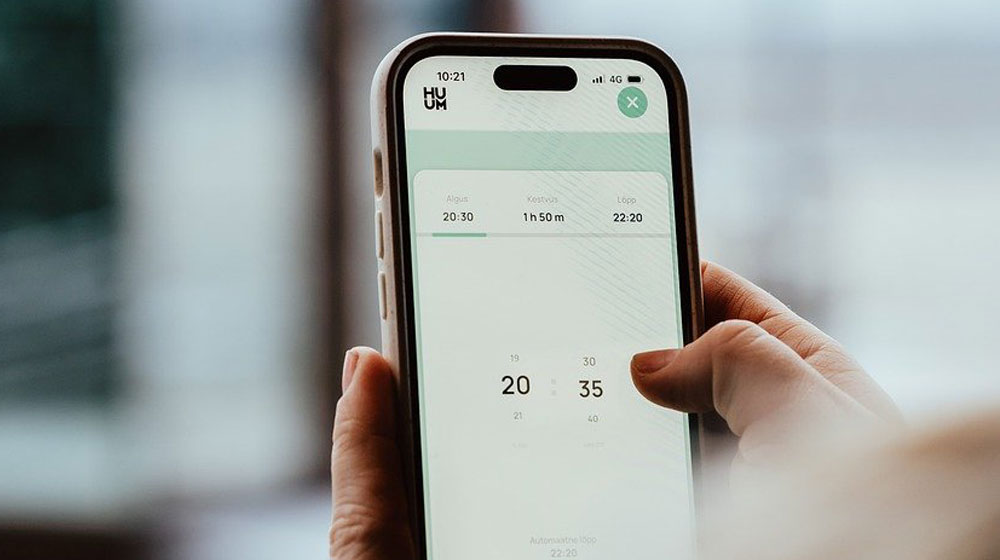Transform Your Finances: Easy Steps to Creating a Winning Budget

Creating a budget is a critical step in the journey toward financial stability. A budget not only helps you track your income and expenses but also ensures you allocate funds toward your financial goals. Whether you’re looking to pay off debt, save for a vacation, or build an emergency fund, a well-constructed budget can pave the way to improved financial health. Here’s how to create a budget that works for you.
Assess Your Current Financial Situation
Before you can create a budget, you need to understand where you stand financially. Start by listing all sources of income. This includes your salary, freelance work, rental income, and any other money you regularly receive. Next, list all your expenses. These can be categorized into fixed expenses (like rent or mortgage, utilities, and insurance) and variable expenses (such as groceries, entertainment, and dining out).
Set Clear Financial Goals
Having clear financial goals will give you direction and motivation. Your goals can be short-term, like saving for a new gadget or a weekend getaway, or long-term, such as buying a house, saving for retirement, or paying off student loans. Be specific about your goals and assign a monetary value and a timeline to each. For example, instead of saying, “I want to save money,” say, “I want to save $5,000 for a down payment on a car within two years.”
Track Your Spending
To create an effective budget, you need to know where your money is going. Track your spending for a month or two. You can do this manually by writing down every purchase, or you can use budgeting apps that automatically categorize and track expenses. This tracking will help you identify spending patterns and highlight areas where you might be overspending.
Categorize and Prioritize Expenses
Once you have a clear picture of your income and expenses, categorize your expenses into needs and wants. Needs are essential expenses like housing, utilities, groceries, and transportation. Wants are non-essential expenses like dining out, entertainment, and luxury items. Prioritize your needs in your budget to ensure they are covered first. This will help you make adjustments in non-essential areas if needed.
Create Your Budget
Now that you have all the necessary information, it’s time to create your budget. Use a budgeting method that suits your lifestyle and preferences. Here are a few popular methods:
– 50/30/20 Rule: Allocate 50% of your income to needs, 30% to wants, and 20% to savings and debt repayment.
– Zero-Based Budget: Every dollar of your income is assigned a purpose until there is no money left unallocated.
– Envelope System: Allocate cash for different spending categories into envelopes. Once an envelope is empty, you cannot spend any more in that category for the month.
Choose a method that feels manageable and realistic for you.
Automate and Save
To make sticking to your budget easier, automate as many financial transactions as possible. Set up automatic transfers to your savings account and automatic bill payments. This reduces the temptation to spend money earmarked for savings and ensures your bills are paid on time, helping you avoid late fees.
Review and Adjust Regularly
A budget is not a set-it-and-forget-it tool. Life circumstances change, and so should your budget. Review your budget monthly to see how well you’re sticking to it and make necessary adjustments. If you get a raise, your expenses increase, or you achieve a financial goal, update your budget to reflect these changes.
Stay Disciplined but Flexible
Sticking to a budget requires discipline, but it’s important to remain flexible. Unexpected expenses can arise, and your priorities may shift. If you overspend in one category, look for ways to cut back in another. The key is to stay committed to your overall financial goals while adapting to changes as needed.
Creating a budget is a powerful step towards improving your financial health. By assessing your financial situation, setting clear goals, tracking your spending, and regularly reviewing your budget, you can take control of your finances and work towards a secure financial future. Remember, the goal is not just to create a budget but to create one that works for you, helping you live within your means while achieving your financial aspirations.







